Exploring all about antioxidants: Role, benefits, tips & myths
When it comes to achieving healthy, glowing skin, the benefits of antioxidants in skincare can’t be overstated. These strong elements offer a defensive barrier against the negative impact of the environment, reduce the skin ageing process, and provide desired skin luminosity. In this article, we’ll explore how antioxidants work their magic, from defending against oxidative stress to improving skin texture and hydration. Whether you’re looking to reduce fine lines or enhance your skin’s natural glow, antioxidants offer a wealth of benefits worth adding to your skincare routine. Dive in to discover the best antioxidants for your skin and how to incorporate them effectively for maximum results.
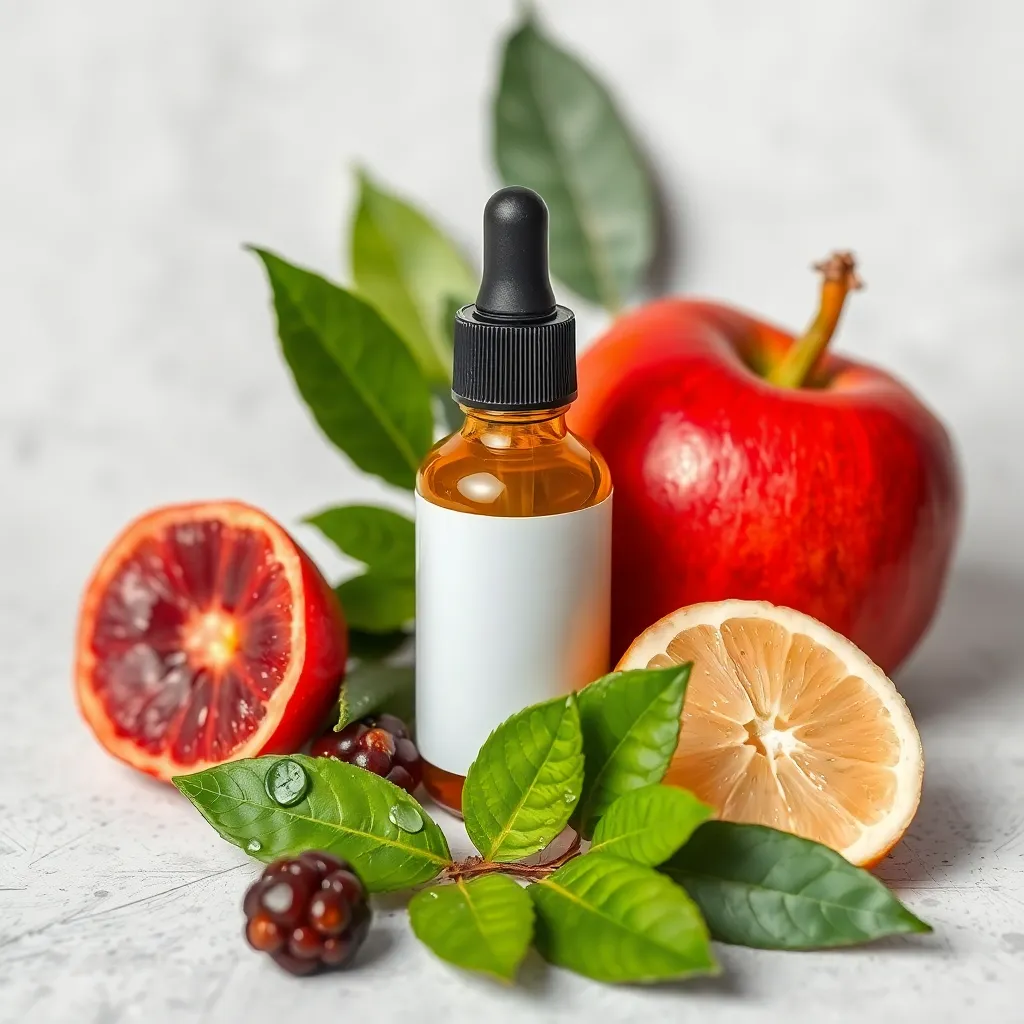
What Are Antioxidants, and Why Do They Matter?
Antioxidants are substances that protect the skin by counteracting free radicals and oxidative stress. It plays an important role in skin care and protection against skin harm.
Understanding Oxidative Stress: How Antioxidants Protect Your Skin
Oxidative stress is “an imbalance of free radicals and antioxidants in your body that leads to cell damage.”
The stress that results from these factors is as follows:
- Pollution
- UV exposure
- Smoking
Consequences: Oxidative stress can lead to various skin issues, including:
- Wrinkles
- Uneven skin tone
- Aging
- diseases, such as cardiovascular disease and cancer.
Key Antioxidants and Their Unique Benefits for Your Skin
- Vitamin C: neutralizes free radicals and promotes collagen synthesis, enhancing skin elasticity. This makes it a popular ingredient in antioxidant serums.
- Vitamin E: Protects skin cells from oxidative damage and is often found in antioxidant skin care products.
- Selenium: strengthens skin’s health and also possesses anti-inflammatory properties that play a part in making skin healthier.
The Role of Antioxidants in Skin Cell Renewal and Aging
Antioxidants help promote cell regeneration as part of the skin’s revitalization process, hence making it possible to proclaim it as the anti-ageing secret. In the ageing skin, protection is reduced; cell turnover decreases in the skin, leading to
- Buildup of dead skin cells
- Dull complexion
Antioxidants like polyphenols (found in green tea) stimulate cell renewal, promoting a fresher appearance. This assists to reduce skin roughness and brighten the skin.
The Top Benefits of Antioxidants for Skin
More about the Anti-Aging Benefits of Antioxidants
Antioxidants are very important in a fight with the aging process. By neutralizing free radicals, they help reduce the appearance of wrinkles and fine lines. Key benefits include:
- Collagen Production: Antioxidants like Vitamin C stimulate collagen synthesis, which helps maintain skin elasticity.
- Skin Repair: They support skin cell turnover naturally, promoting a youthful appearance by replacing damaged skin cells.
- Brightening Effect: Regular use of antioxidant-rich skincare can lead to a more radiant complexion, minimizing age spots and discoloration.
How Antioxidants Improve Skin Texture and Hydration
Antioxidants are well-known for their anti-inflammatory properties, making them essential for protecting the skin from environmental stressors. Benefits include:
- Calming Effect: Antioxidants like green tea extract soothe irritated skin, reducing redness and inflammation.
- Protection from Environmental Damage: They act as a barrier against harmful pollutants and UV rays, reducing oxidative stress and helping to prevent premature aging.
- Strengthening the Skin Barrier: Antioxidants make skin barrier more efficient, protecting the skin during various attacks by external factors. For tips on achieving glowing skin, read our article on How to Use Hyaluronic Acid.
Incorporating antioxidants for skin into your daily regimen through products like antioxidant face creams and moisturizers can significantly improve your skin’s health and appearance. If used consistently, one can reap the many benefits of these mighty compounds, leading to young looking skin.
The 3 best antioxidants to add to your skincare regimen
1. Vitamin C: The Brightening Antioxidant
Vitamin C is renowned for its brightening effects. They are useful in treating skin disorders and correcting skin discoloration, such as skin melanin patches. It also fights free radicals, thus enhancing skin glow and helping one attain a youthful complexion by playing a vital role in collagen synthesis.
2. Vitamin E: The Moisturizing Antioxidant
Vitamin E works synergistically with Vitamin C, enhancing its protective effects against environmental damage. This strong antioxidant is vital for retaining moisture and maintaining a healthy skin barrier.
3. Polyphenols and Hydroxytyrosol:
Natural antioxidants like polyphenols and Hydroxytyrosol found in ingredients such as green tea and olives provide strong protective benefits. These antioxidants in care procedures also assist to diminishing inflamed skin and fight the oxidative stress level.
Choosing the Right Antioxidant Serum for Your Skin Type
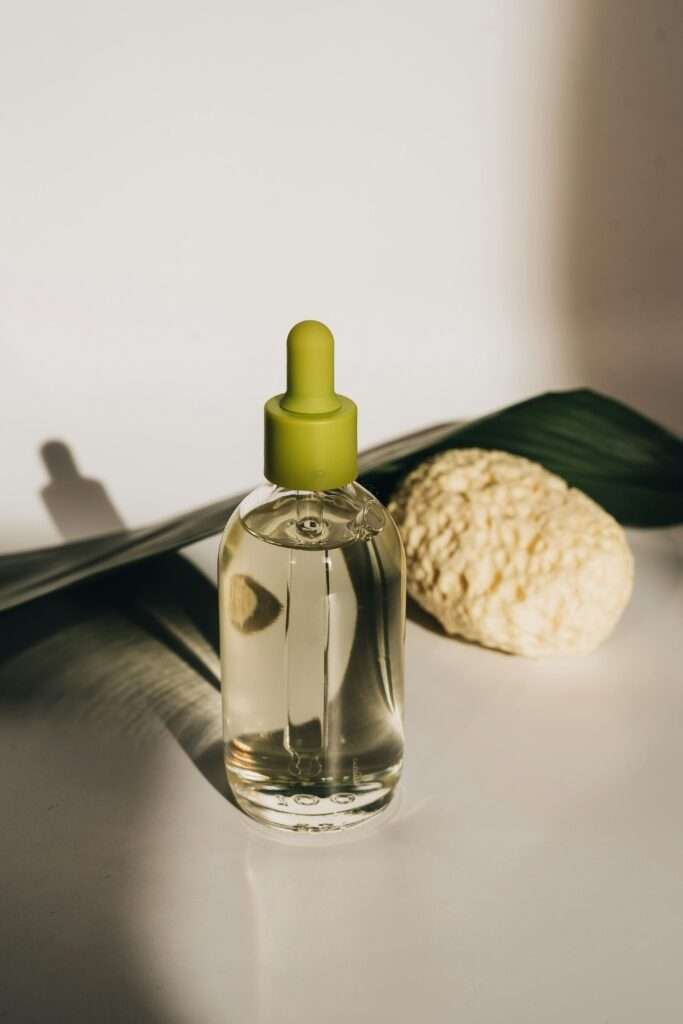
When selecting an antioxidant serum, consider your specific skin concerns:
- For Dull Skin: Look for serums with Vitamin C to enhance brightness.
- For dry skin: Choose formulas with Vitamin E or other moisturizing antioxidants.
- For Aging Skin: opt for serums rich in polyphenols and Hydroxytyrosol for anti-aging benefits.
- For Sensitive Skin: Choose mild forms containing natural antioxidants to further irritate the skin.
By understanding your skin’s needs and incorporating the best antioxidant serums, you can effectively enhance your skincare routine and achieve healthier, more radiant skin. To build a comprehensive routine, refer to Your Simple Non-Toxic Skincare Routine Guide.
Myths & Misconceptions Concerning Antioxidants in Nontoxic Skincare
There are a few myths when it comes to antioxidants in skincare. Common misconceptions include:
- All antioxidants are the same : it was observed that different types of antioxidants have different purposes. For example, Vitamin C is primarily used for brightening, while Vitamin E focuses on hydration.
- Higher Concentrations are Always Better: More isn’t always better; some skin types may react negatively to high concentrations of certain antioxidant serums.
- Antioxidants Can Replace Sunscreen: antioxidants can be used in support of sunscreen but cannot replace it.
Understanding these myths can help consumers make informed choices about antioxidant skincare products.
Understanding Potential Sensitivities: When Antioxidants Might Cause Reactions
While antioxidants for skin provide numerous benefits, there are scenarios where they may cause skin sensitivity:
- Sensitive Skin: Individuals with sensitive skin may experience irritation from certain antioxidant-rich skincare products, especially those containing potent ingredients like Vitamin C.
- Overuse: When multiple products containing antioxidants are applied at the same time, with the intent of enhancing the skin, its sensitivity level is instead overstimulated, and this causes redness of the skin or skin inflammation.
- Allergic Reactions: Some people may be allergic to specific antioxidant skincare products, causing adverse reactions.
When new products are developed, it is recommended to carry out patch-tests and also to gradually include them into the product line. In general, the advantages of antioxidants are higher than their drawbacks on condition that they are used properly.
FAQs : Your Guide to the Benefits of Antioxidants in Skincare
1. How do antioxidants improve skin complexion?
Antioxidants for skin, such as Vitamin C, help brighten the complexion by reducing free radicals and promoting a more even skin tone. They function by blocking the pigment melanin synthesis and improving skin luminosity. Regular use of an antioxidant serum can lead to visibly brighter skin.
2. When should I apply antioxidants to my skin care regimen?
Antioxidants can be used in your skincare regimen after washing your face or the affected skin and before applying a moisturizer. Applying an antioxidant face serum in the morning can help protect your skin throughout the day, while using an antioxidant night cream can aid in skin repair overnight.
3. What kind of antioxidants are helpful to the skin?
The best antioxidants for skin include Vitamin C, Vitamin E, and polyphenols found in ingredients like green tea. These antioxidants are known for their protective and rejuvenating properties, making them essential components of antioxidant-rich skincare.
4. What are the 2 most important antioxidant compounds?
The two most important antioxidants are Vitamin C and Vitamin E Antioxidant skincare is a field where both components demonstrate highly effective protection from oxidative stress.
Final Thoughts: Living Long and Loving Antioxidants for Skin
Thus, antioxidants for skin should be used in a skincare routine to have beautiful skin. These strong acting ingredients can minimize wrinkles and prevent environmental damage, which thus brings a new look to youthful skin. Products like antioxidant serum and antioxidant-rich skincare can enhance your skin’s defenses.
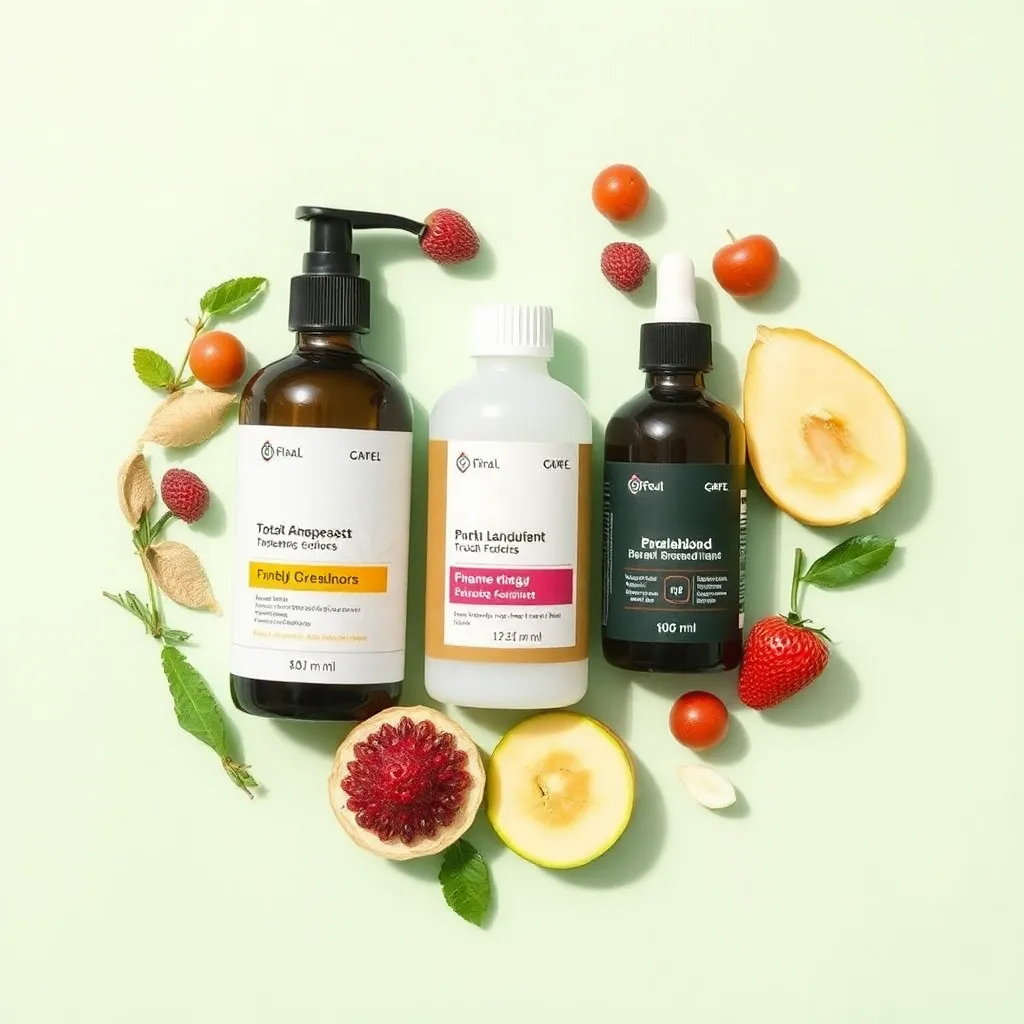
As you explore various options, consider trying antioxidant skincare products to see what works best for your skin type. By making these beneficial ingredients a regular part of your regimen, you can support long-lasting skin health and enjoy the benefits of antioxidants.
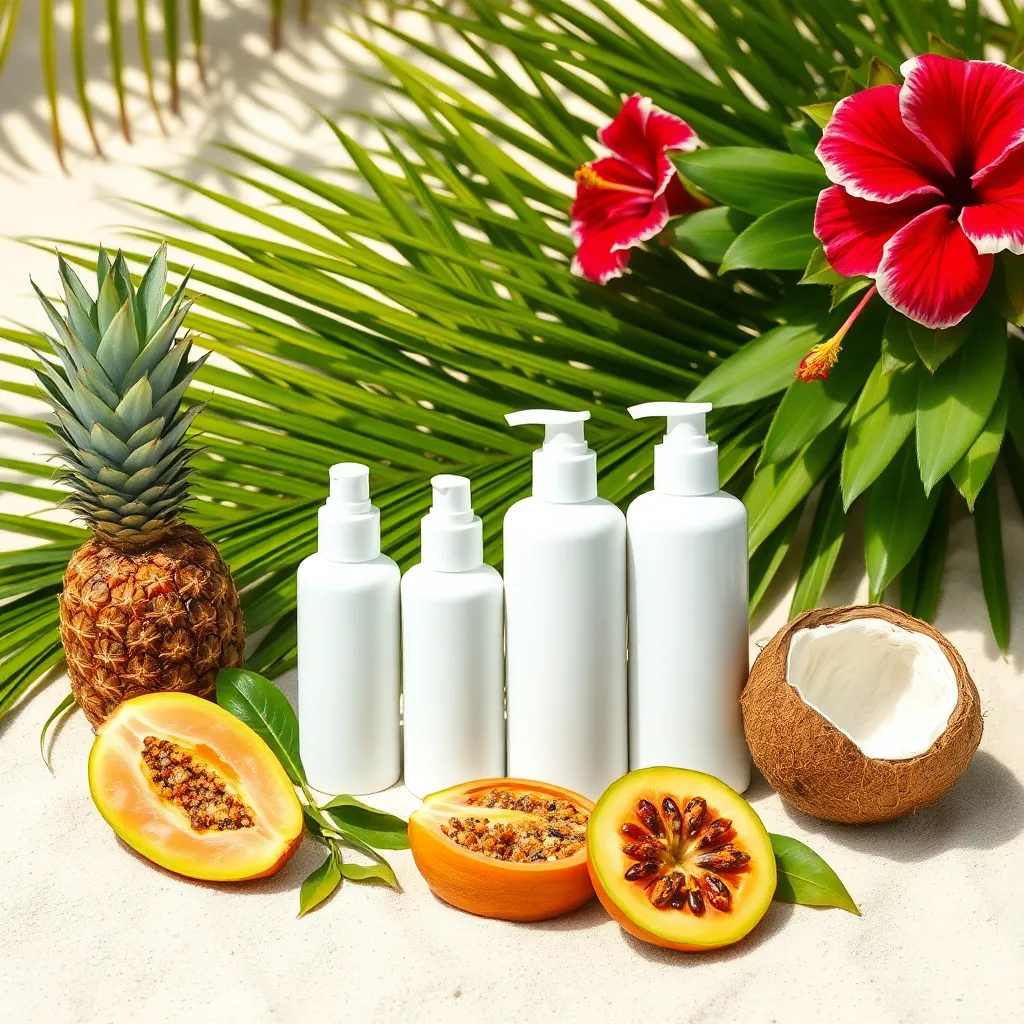
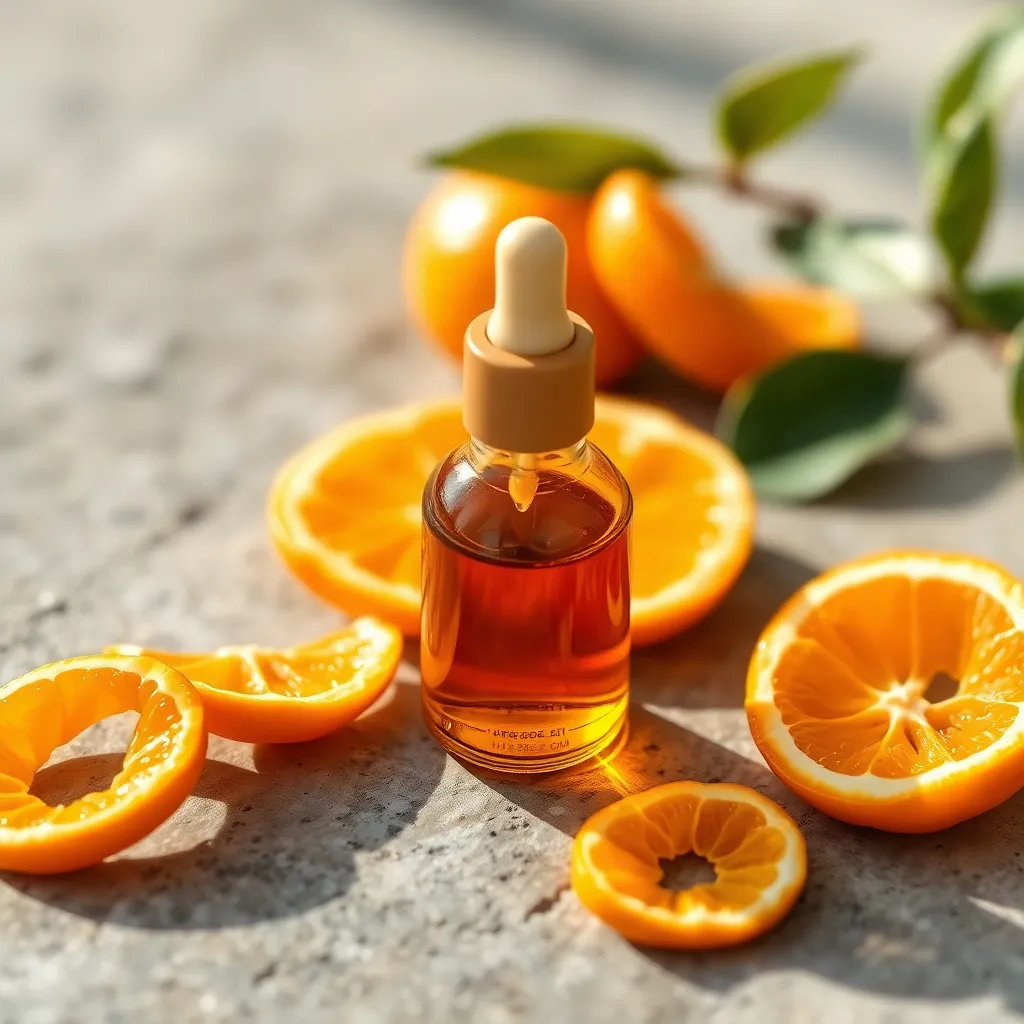
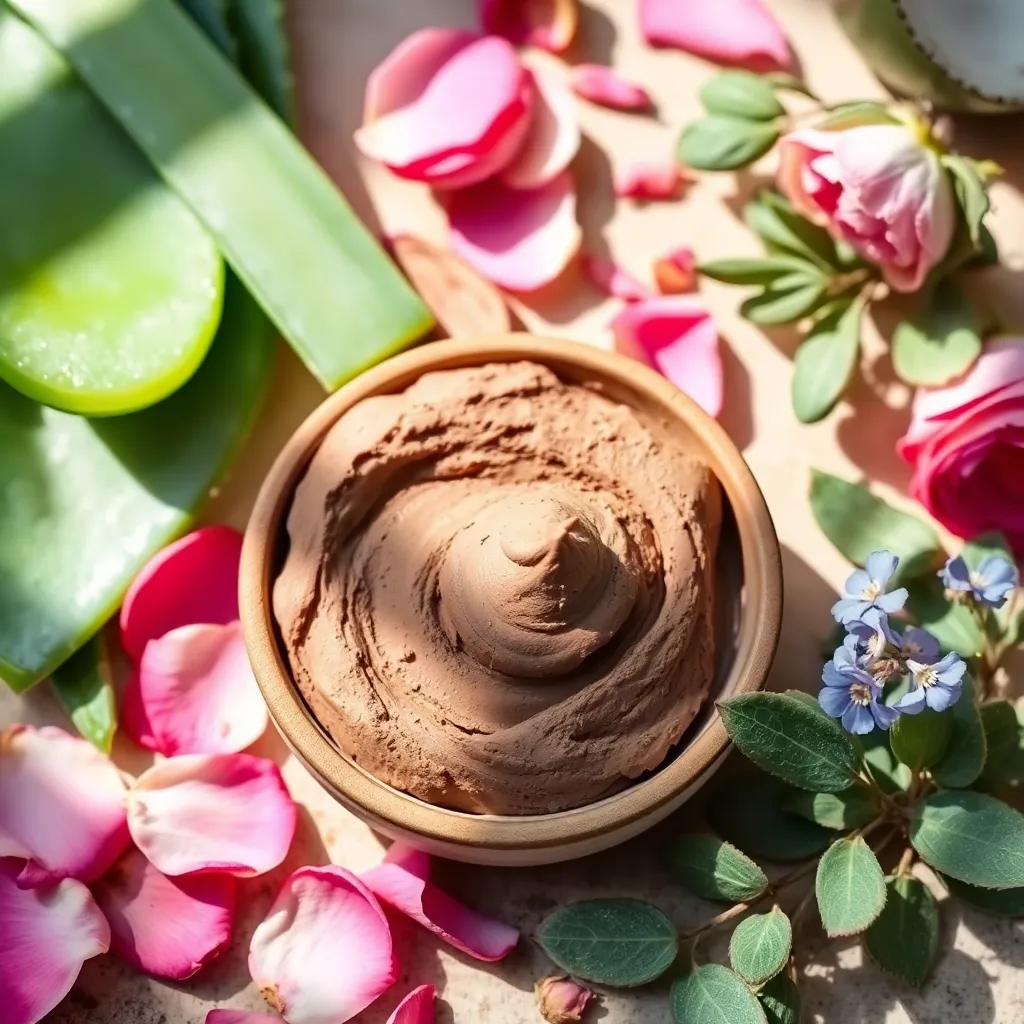
2 thoughts on “The Benefits of Antioxidants in Non Toxic Skincare : A comprehensive guide”